Closing Your Deal: How To Pull The Trigger With Confidence
Building wealth through small and medium-sized business acquisition can be the best and most available option to build million-dollar wealth for you and your family.
However, we won’t pretend you’re not taking a gamble.
You must do a QoE because, “Who can stand to lose a million dollars?”. But we can never be fully certain of what’s around the corner for a business or an industry. That’s why pulling the trigger on your deal can be the most nerve-wracking moment in the whole acquisition process. It’s your last chance to walk away from a potential disaster.
Before you get to that critical moment, let’s talk about how you can navigate the deal process strategically so that you can ultimately close with confidence knowing you did everything you could to ensure a solid investment.
Key Takeaways:
Carrying out comprehensive due diligence can give you confidence that you’re making a good deal.
Building rapport with the seller can help you get critical details that will support your decision-making process.
Choose a trusted team including your lawyer, lender, and due diligence provider who can help you make a wise decision.
Learning from other deals—both successful and failed—will give you insight into what you can look out for in your own deal.
Define Your Acquisition Criteria
Determine the industry, size, location, and financial metrics of your ideal business. Understand where you’re flexible (perhaps location) and which aspects are a requirement for you (perhaps a specific industry). Choose criteria that align with your goals, expertise, and ideal work life. You’ll have to run the business after all!
It can take some time to find deals that fit your parameters. Having this list on hand will help you avoid lowering your standards for the wrong deal. It will streamline your search and ensure that you only get serious about opportunities that fit your vision.
Conduct Thorough Due Diligence
Due diligence is the cornerstone of successful acquisitions. It involves a comprehensive assessment of the target company's financial, operational, legal, and cultural components. Scrutinize financial statements, customer contracts, employee agreements, and any potential liabilities. Talk to employees, vendors, and customers. Get to know the business inside and out.
Engage with an experienced due diligence professional—like Guardian Due Diligence—to ensure that no stone is left unturned. A Quality of Earnings report will help you determine the likelihood that the company you’re buying will make you money in the future.
Thorough due diligence minimizes risks to your investment and provides valuable insights that will inform your decision-making process.
Foster Open Communication
Effective communication is key to building trust and rapport with the seller throughout the acquisition process. Maintain open lines of communication, addressing any questions or concerns promptly and transparently.
Cultivate a collaborative approach that fosters goodwill and facilitates constructive dialogue. By establishing trust and rapport, you can navigate negotiations more effectively and pave the way for a smoother transaction.
Additionally, the tenor of this relationship can tell you a lot about your deal. If you feel like you cannot genuinely trust the seller, you may have reason to walk the other way.
Anticipate and Overcome Challenges
Reading real-world examples of successful and failed acquisitions provides valuable insights for aspiring entrepreneurs—that’s why we’ve shared so many! By studying both triumphs and setbacks, you can glean important lessons and refine your approach. Success stories highlight effective strategies and best practices, while failures underscore common pitfalls and critical mistakes to avoid.
Use this information to anticipate potential hurdles in your deal and develop contingency plans to address them proactively. Remain adaptable and resilient in the face of challenges, and remember to leverage your acquisition team's expertise to find creative solutions. You’re not in this alone. There is a community of SMB buyers that you can go to for advice or support.
Seal the Deal with Confidence
Confidence is paramount when navigating the ETA landscape. If you’re not confident in your deal, the truth is that you probably shouldn’t buy the business. Remember to blend your own intuition with the data-driven insights gained from due diligence. This way, you can approach final negotiations with a balanced perspective.
Before closing, meticulously review all legal and financial aspects of your deal to mitigate risks and protect your interests. Collaborate closely with your acquisition team to address any last-minute concerns or issues swiftly.
Be strategic throughout the process and by the time you’re signing those final papers, you’ll be confident you’re making the right decision.
Time to Pull the Trigger
Closing your deal will take a balance of strategy, diligence, and confidence. With a resilient mindset and a well-executed plan, you can pull the trigger on your acquisition with confidence.
Still not so sure? Join my pre-LOI program for expert guidance.



